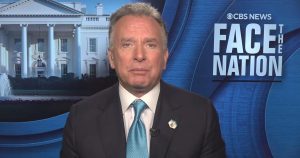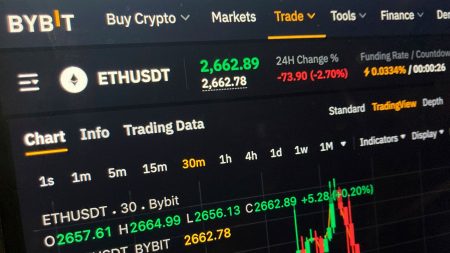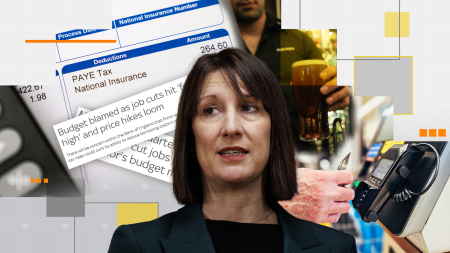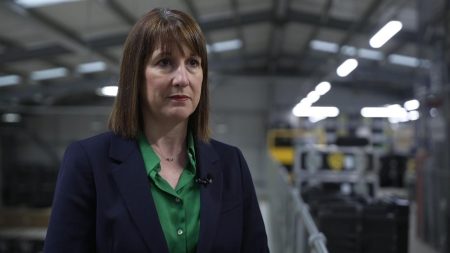The UK Economy: A Fragile Recovery in Late 2024
The UK economy showed a small but surprising rebound in the final quarter of 2024, growing by 0.1% according to preliminary data from the Office for National Statistics (ONS). This modest expansion, driven by increased Christmas spending and manufacturing activity in December, helped the economy avoid what many economists had feared: a contraction of 0.1% for the quarter. The relief, however, is tempered by the broader economic challenges that persist. While the immediate risk of recession has receded, the data remains fragile, and future revisions could still tip the balance between growth and contraction.
A Year of Stagnation and Falling Living Standards
For 2024 as a whole, the UK economy recorded a lackluster 0.9% growth in GDP. However, a more concerning trend emerged when examining GDP per head of population, a key measure of living standards. This metric contracted for two consecutive quarters, highlighting the strain on household incomes despite the overall growth. The sluggish pace of economic expansion has left the UK lagging behind other G7 nations, particularly the United States, which has maintained stronger growth. This underperformance underscores the challenges facing the government as it prioritizes economic growth during its term in office.
Government Under Pressure Amid Economic Struggles
The UK government, led by Prime Minister Sir Keir Starmer, is under intense scrutiny as it grapples with the economic slowdown. The prime minister and his chancellor were criticized last summer for signaling a tough budget ahead, which some argue has dampened business and consumer confidence. Measures introduced in October aimed to protect working people, but businesses are bracing for the impact of higher employer National Insurance contributions starting in April. These increases are expected to reduce investment, lead to job cuts, and limit pay rises, further complicating the economic landscape.
Temporary Relief, Looming Challenges Ahead
While the unexpected GDP growth in December has provided some respite for the government, economists caution that this relief may be short-lived. The UK economy remains in a precarious state, with key sectors such as manufacturing and industry contracting rapidly. This deindustrialization mirrors broader trends across Europe, with Germany experiencing two consecutive years of economic contraction. Additionally, the impact of last October’s budget has yet to fully materialize, and the Office for Budget Responsibility is expected to revise down its growth forecasts, potentially forcing further spending cuts.
Rising Inflation and Global Economic Headwinds
Inflation has reemerged as a significant concern, with essential bills for water, energy, and council tax set to rise sharply in the spring. These increases will add pressure on already stretched household budgets. Meanwhile, global economic uncertainty, particularly the threat of tariffs on UK imports from the United States, poses a significant risk to the UK’s economic stability. The fragile state of the economy leaves it vulnerable to external shocks, making it increasingly difficult for the government to achieve its growth targets.
Expert Insights and Political Rhetoric
Economists and policymakers alike are sounding the alarm about the UK’s long-term economic prospects. Bank of England projections indicate that inflation could rise to 3.7% in 2025, while growth is expected to slow to just 0.75%, half of what was previously predicted. Chancellor Rachel Reeves has emphasized her commitment to improving living standards and boosting growth through infrastructure investments, but critics argue that the government’s policies are stifling business confidence and exacerbating economic stagnation. Shadow chancellor Mel Stride has accused the government of failing to deliver on its promise of making the UK the fastest-growing economy in the G7, pointing to rising taxes, job cuts, and dwindling business confidence as evidence of its misguided approach. As the UK navigates this uncertain economic landscape, both the government and opposition will need to address these challenges head-on to restore confidence and secure a sustainable recovery.















